The Dutch food tech scene has quietly birthed a quiet revolution in recent years – plant-based cheeses that no longer taste like punishment for ethical eating. What began as niche products with questionable textures and flavors has evolved into a sophisticated category capable of fooling even seasoned cheese lovers. In specialty shops across Amsterdam and Rotterdam, cashew-based bries and almond-derived goudas now share shelf space with their dairy counterparts, their labels boasting not just ethical credentials but genuine gastronomic appeal.
The breakthrough came when researchers at Wageningen University cracked the molecular code of cheese melt – that elusive quality separating waxy vegan imitations from the real deal. By analyzing how dairy proteins rearrange under heat, they developed plant-derived alternatives that stretch, bubble, and brown like traditional cheese. "We stopped trying to replicate cheese and started engineering it as its own category," explains Dr. Elsemieke Visser, whose team pioneered the fermentation techniques now licensed by multiple Dutch startups.
At Willicroft, a Amsterdam-based producer, former cheesemonger Brad Vanstone applies traditional affinage techniques to his legume-based creations. The company's aged "Blue" – cultured using spirulina rather than Penicillium molds – develops the same complex umami notes as its dairy inspiration during months of cellar aging. "The microbial activity is surprisingly similar once you establish the right starter cultures," Vanstone notes while turning wheels in their humidity-controlled warehouse. Their products now supply Michelin-starred kitchens seeking to reduce dairy without compromising tasting menus.
Market data reveals surprising adopters beyond the expected vegan demographic. Dutch flexitarians – who still consume animal products but seek reduction – now account for 62% of premium plant-based cheese sales according to NielsenIQ. The products' improved environmental metrics (requiring 1/10th the water and emitting 1/8th the CO2 of dairy) resonate in this flood-prone nation increasingly conscious of climate impacts. Even traditional cheesemakers like Beemster have launched hybrid lines blending dairy with plant fats to reduce their carbon hoofprint.
The sensory experience still differs subtly. During a blind tasting at Utrecht University's Food Perception Center, trained panelists could distinguish plant-based samples by their slightly faster melt and brighter acidity. Yet when served melted on sourdough or paired with wine, the differences became negligible to most participants. "The context of consumption matters more than isolated taste tests," concludes researcher Dr. Femke van Bree, whose team published these findings in Food Quality and Preference last quarter.
Regulatory battles loom as the European Dairy Association challenges terms like "mature" and "artisanal" on plant-based labels. Meanwhile, Dutch manufacturers push for standards recognizing fermentation-derived dairy proteins (made without animals) as functionally equivalent. The outcome could determine whether this innovation remains a niche alternative or achieves parity in the $130 billion global cheese market.
For now, the proof lies in Amsterdam's bustling food halls, where plant-based cheese counters draw crowds once skeptical of vegan offerings. As one elderly customer remarked while sampling a smoked almond gouda: "If this is the future, maybe giving up dairy won't feel like sacrifice after all." The sentiment captures a quiet shift – from alternative to aspirational – in the world's second-largest cheese exporting nation.

By Amanda Phillips/Apr 10, 2025
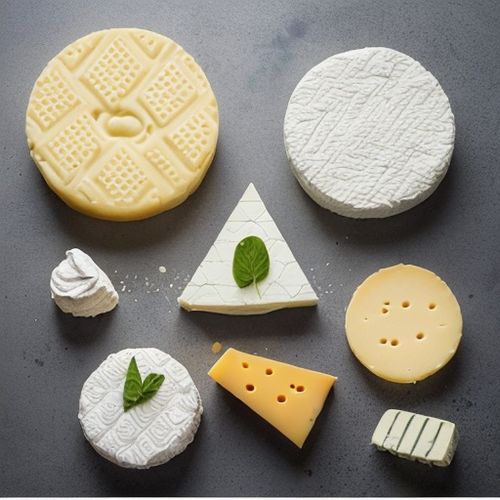
By Rebecca Stewart/Apr 10, 2025
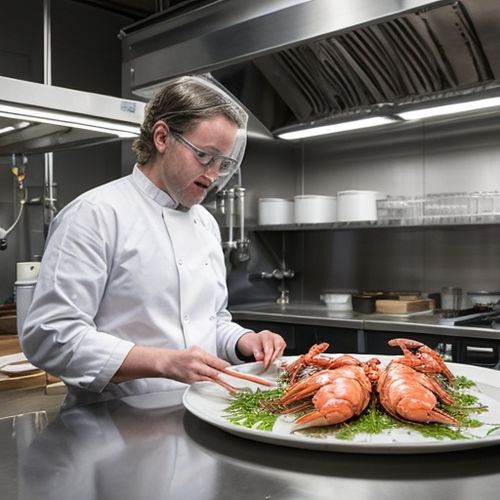
By Emma Thompson/Apr 10, 2025
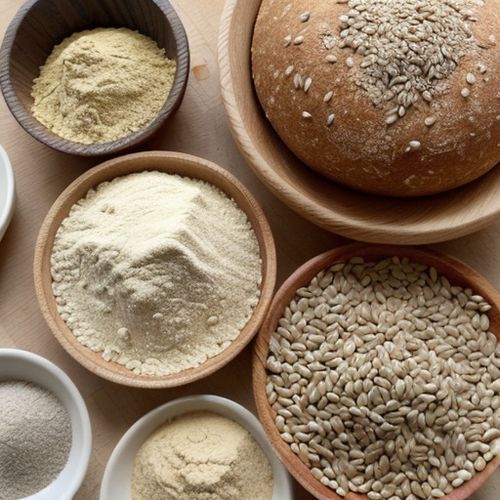
By James Moore/Apr 10, 2025

By Samuel Cooper/Apr 10, 2025

By Elizabeth Taylor/Apr 10, 2025

By Rebecca Stewart/Apr 10, 2025
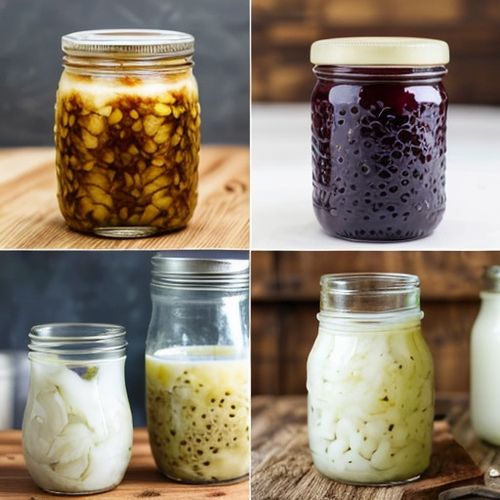
By John Smith/Apr 10, 2025
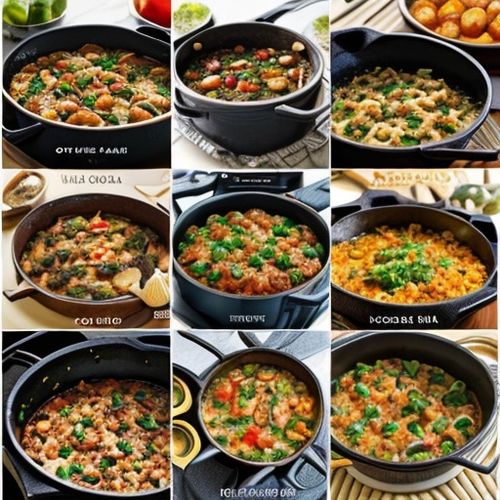
By Michael Brown/Apr 10, 2025
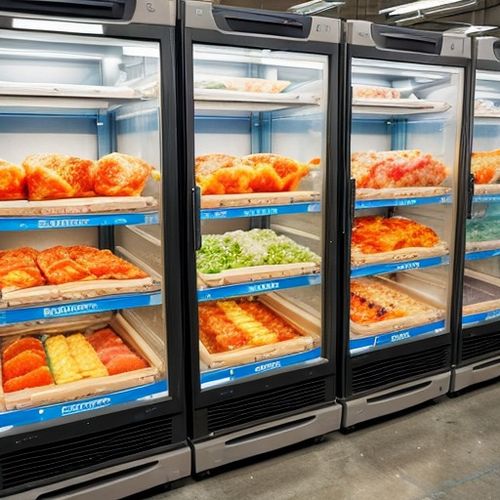
By Emma Thompson/Apr 10, 2025
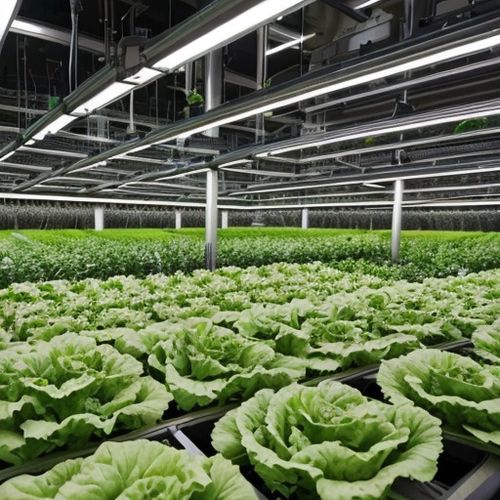
By Elizabeth Taylor/Apr 9, 2025

By Christopher Harris/Apr 9, 2025
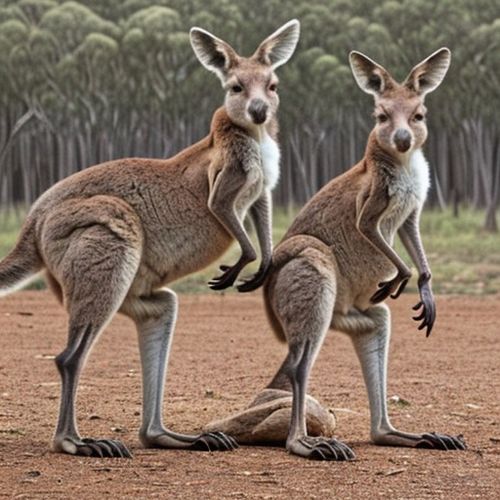
By David Anderson/Apr 9, 2025

By Joshua Howard/Apr 9, 2025

By Emily Johnson/Apr 9, 2025
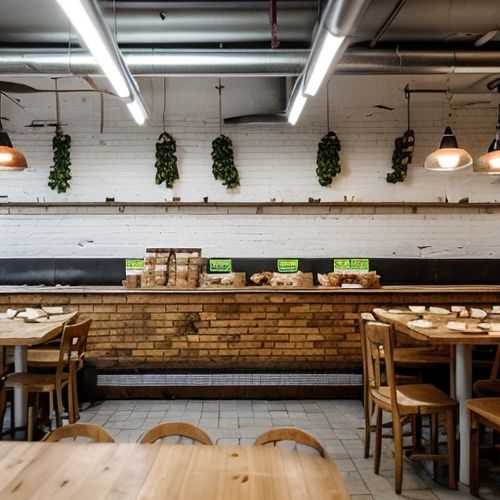
By John Smith/Apr 9, 2025
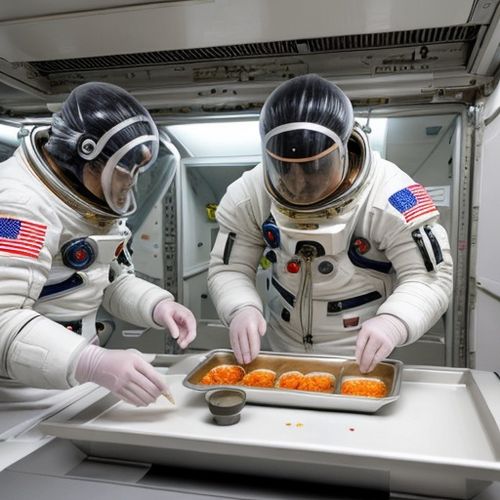
By Lily Simpson/Apr 9, 2025
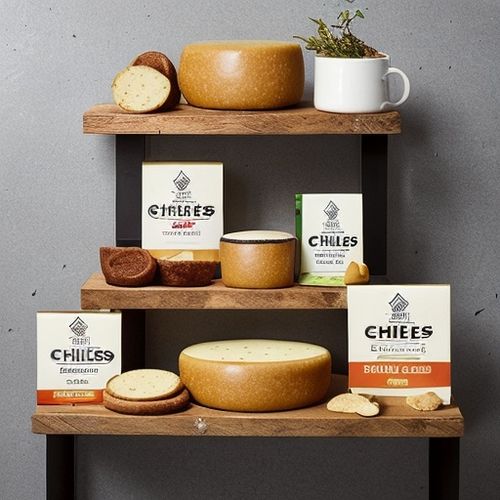
By Lily Simpson/Apr 9, 2025